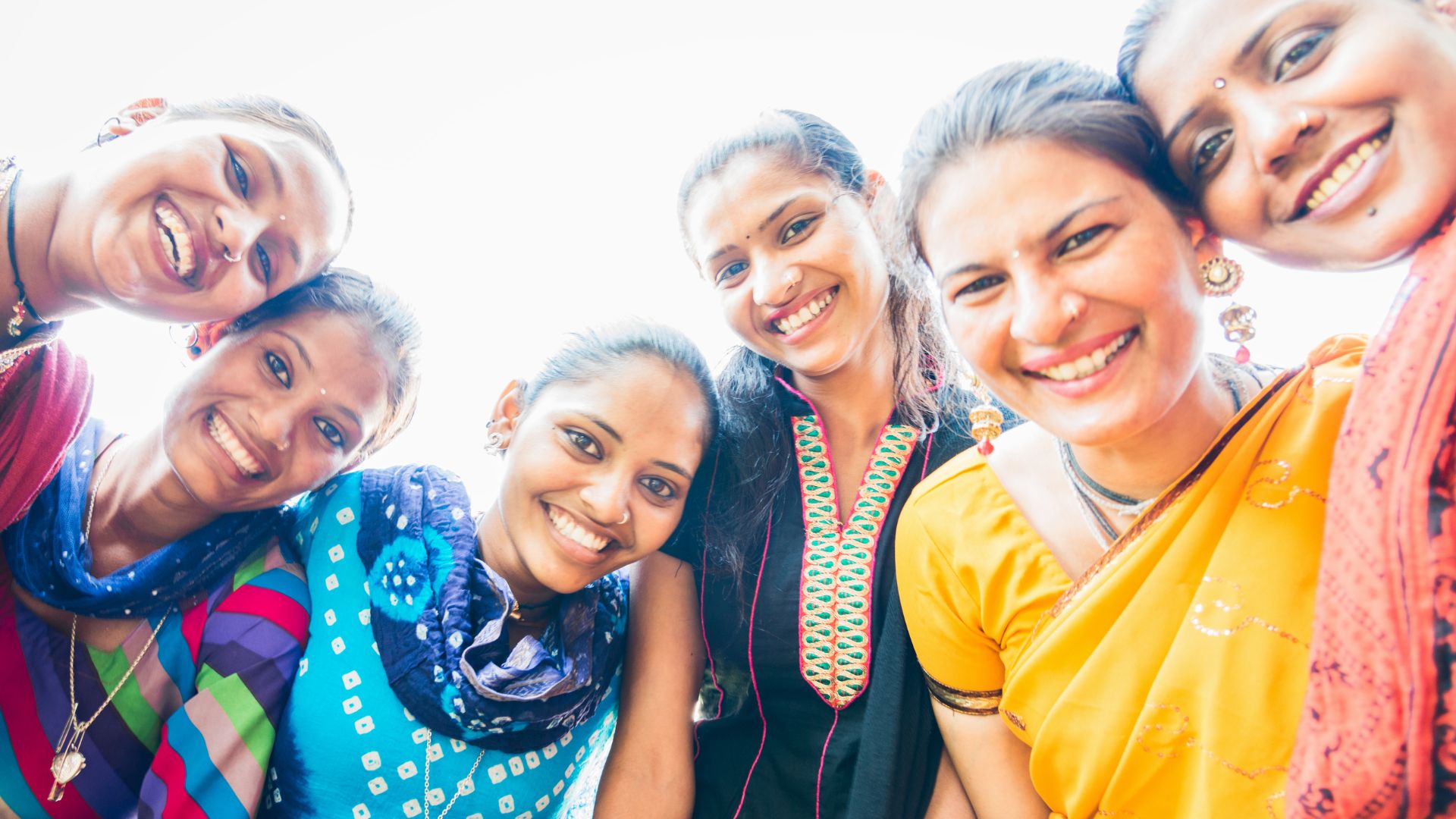Jan 16, 2024
Understanding Why South Asian Genes Increase Susceptibility to Coronary Artery Disease. On World Heart Day 2023, Dr. Ramesh Menon, Associate Director of Personal Genomics & Genomic Medicine at MedGenome, and Dr. Muralidhar Kanchi, Director (Academic) at Narayana Institute of Cardiac Sciences in Bengaluru, shed light on how South Asian genes may serve as a "risk-enhancing" factor for Coronary Artery Disease (CAD).
Approximately a quarter of the global population hails from South Asia, a region notorious for its elevated incidence of coronary artery disease. Alarmingly, South Asians contribute to about 60% of the worldwide cases of heart disease, a statistic that cannot be solely attributed to lifestyle factors. Scientific consensus points to our genes playing a crucial role as a "risk-enhancing" factor for CAD.
South Asia's Troubling CAD Statistics
The numbers underscore an undeniable reality, revealing a stark truth about the prevalence of CAD in South Asia. India, for instance, grapples with an estimated CAD prevalence of 54.5 million, with Indians facing 3 to 4 times the risk compared to Caucasians. These statistics align with global trends, as shown by the data from Stanford Health Care.
South Asians, whether residing in their home countries or abroad, share a genetic predisposition to CAD. First-generation South Asians in the UK, for example, face a coronary heart disease risk that could be up to 50% higher than their Caucasian counterparts. In the US, reports indicate that South Asians have an increased likelihood of requiring Coronary Artery Bypass Grafting (CABG).
Key Risk Factors and Genetic Influence
South Asians are prone to an earlier onset of cardiometabolic risk factors such as hypertension, insulin resistance, and central obesity, along with visceral fat around vital organs. Conditions like diabetes, more prevalent in this population, contribute to heightened CAD risk through low levels of high-density lipoprotein (HDL) cholesterol and elevated triglycerides.
Genetic research has uncovered that CAD risk isn't determined by a small number of genes; rather, multiple genes work collectively to influence an individual's susceptibility to the condition. The Genome-wide Polygenic Score for CAD (GPSCAD) assesses genetic risk, providing insights into the likelihood of developing CAD based on over 6 million genetic markers.
Taking Charge of Your Heart Health
Despite the inherent genetic risk, there are proactive measures to mitigate the overall CAD risk for South Asians:
Control lifestyle factors by adopting healthy habits such as quitting smoking, maintaining an active lifestyle, regular exercise, consuming a balanced diet, and achieving a healthy body weight within the normal BMI range.
Monitor health indicators associated with CAD, including cholesterol levels, blood sugar levels, and blood pressure.
Manage comorbid conditions such as diabetes and hypertension diligently, as uncontrolled cases elevate the risk of CAD.
Opt for genetic screening to uncover your Polygenic Risk Score (PRS), providing insights into the need for more frequent cardiac health checks or potential medication to reduce cardiac event risks.
By embracing these changes, individuals can cultivate good cardiac health habits and diminish their overall risk of CAD. While genetics may play a role, proactive choices empower South Asians to defy the odds and prioritize heart health.

































































